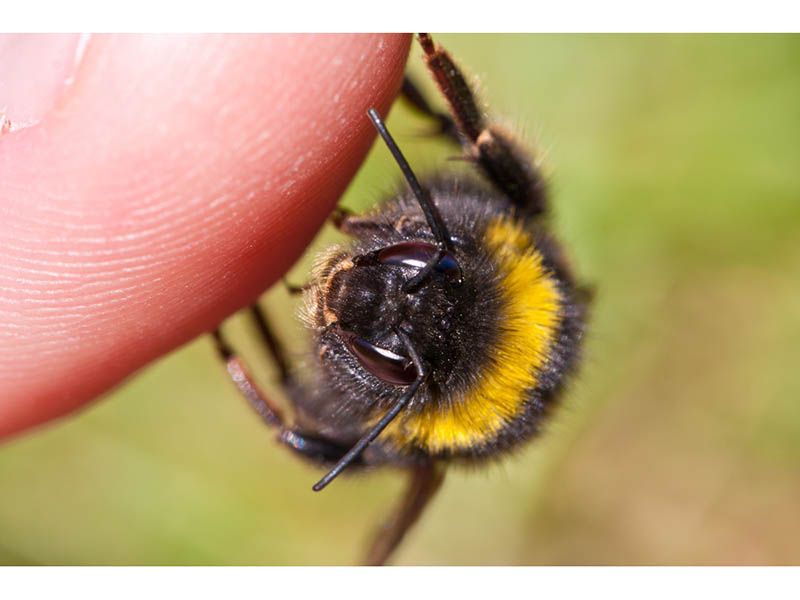
This season of celebrating also comes with lots of stress for many people. But despite the long to-do list and mandatory get-togethers, it is possible to maintain a healthy mind, according to experts at Rutgers University in New Brunswick, N.J. “Stress is an inevitable part of life and so the first thing people can do… read on > read on >






























